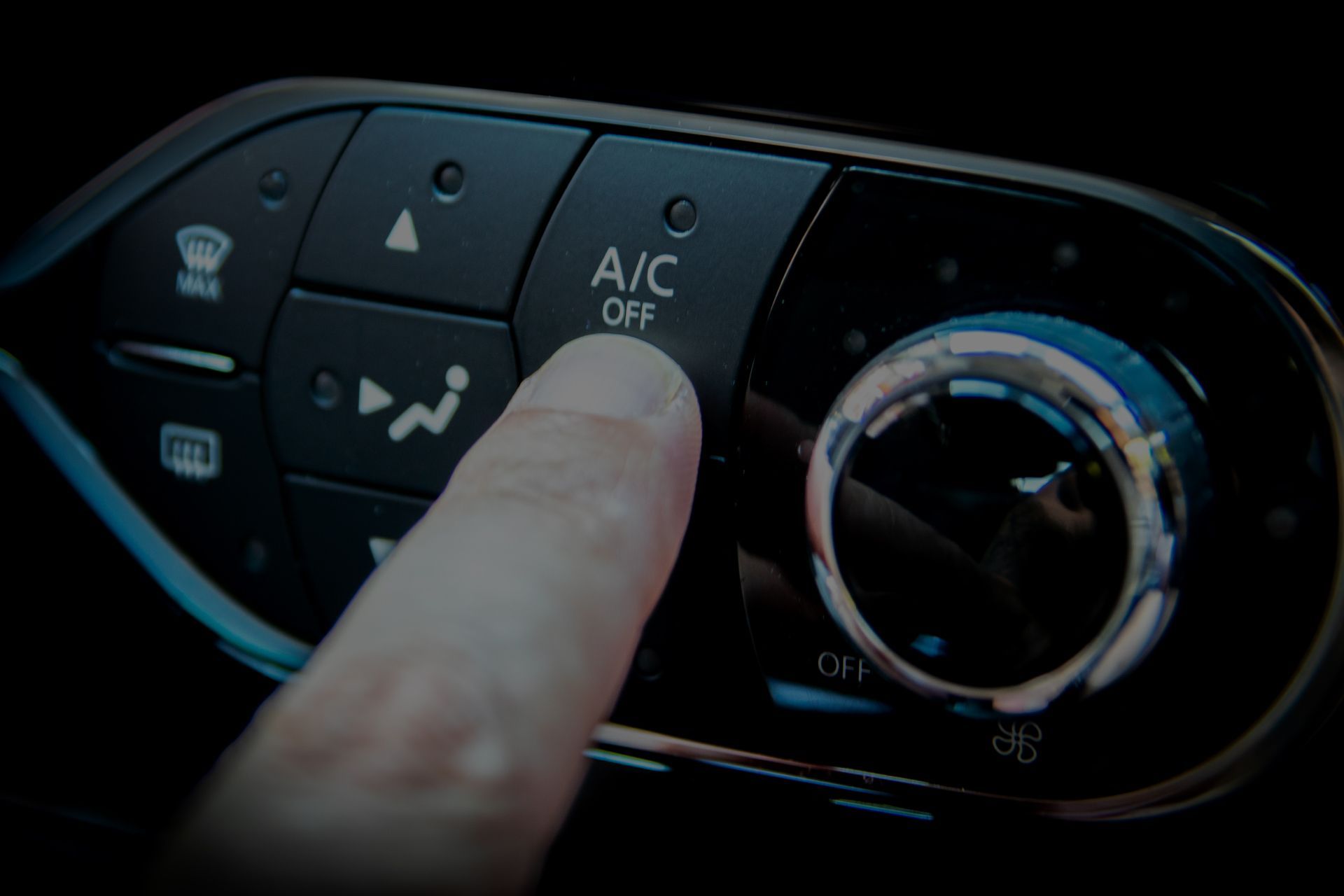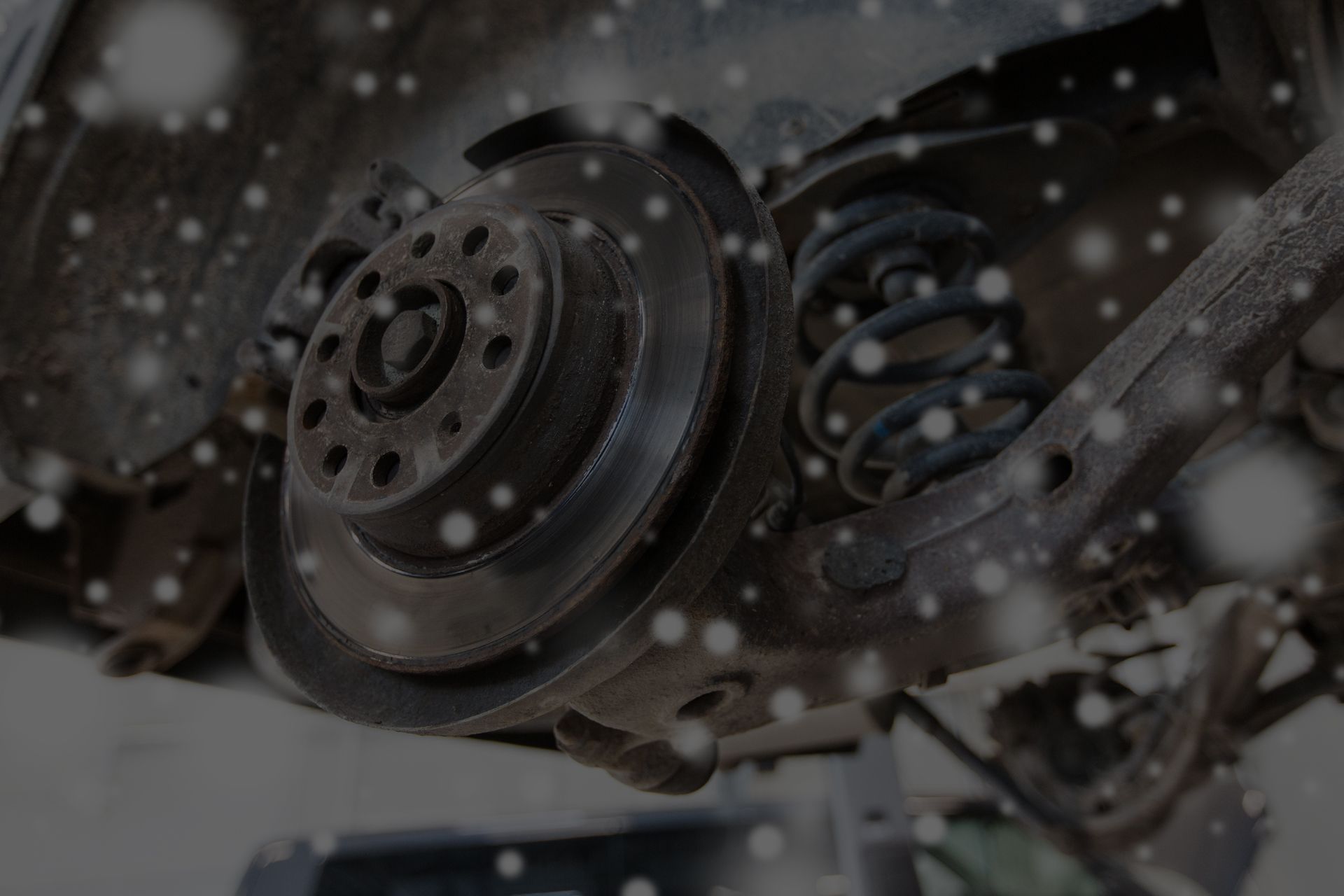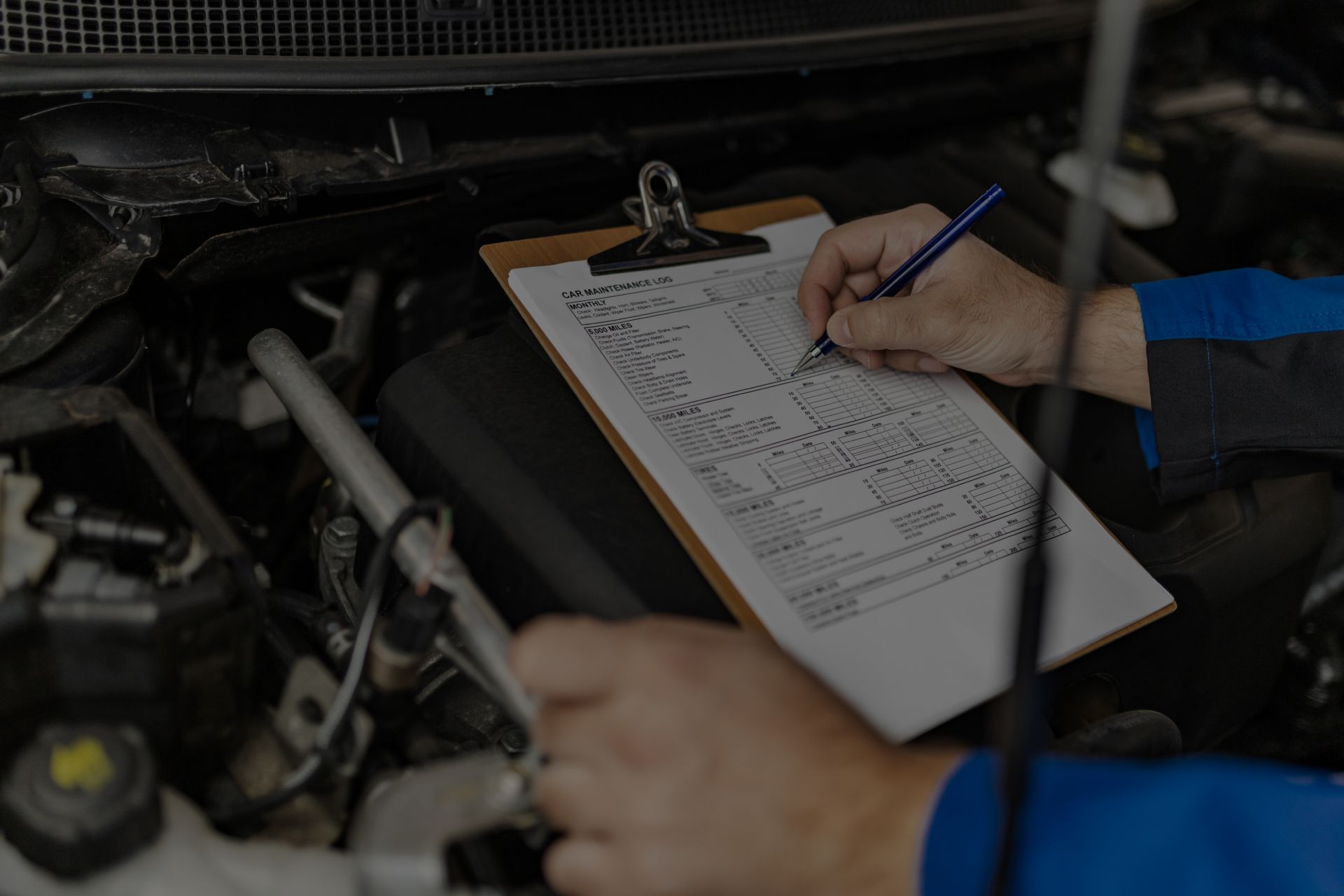Nothing ruins a summer drive through Denver quite like an air conditioning system that suddenly stops working. One minute you're cruising comfortably down I-25, and the next you're sweating through your shirt with nothing but warm air flowing from your vents. When your car's AC isn't blowing cold air, the problem could range from a simple fix to something that needs professional attention.
Common Reasons Your AC Stops Working
Low Refrigerant Levels
The most frequent culprit behind warm air from your vents is low refrigerant. This colorless gas is what actually cools the air in your system. Over time, small leaks can develop in hoses, connections, or components, allowing refrigerant to escape. Even a tiny leak can drain your system's cooling power within a few months.
Clogged or Dirty Cabin Air Filter
Your cabin air filter works overtime during Denver's allergy seasons, trapping pollen, dust, and other particles. When this filter gets clogged, it restricts airflow and forces your AC system to work harder. A dirty filter can make your AC seem weak or ineffective, even when the cooling components are working properly.
Compressor Problems
The compressor is your AC system's heart, pressurizing refrigerant and pushing it through the system. If the compressor fails, your AC won't cool at all. These failures often happen during the first hot day of spring when systems that sat idle all winter suddenly get heavy use.
Electrical Issues
Modern AC systems rely on multiple electrical components, sensors, and fuses. A blown fuse, faulty relay, or broken wire can shut down your entire cooling system. Sometimes the fan will still blow, but the air won't be cold because the electrical signal isn't reaching the compressor.
Blocked Condenser
Your condenser sits behind the front grille and needs good airflow to release heat from the refrigerant. Road debris, leaves, or even a plastic bag can block this airflow. During Denver's construction season, concrete dust and debris can coat the condenser fins, reducing cooling efficiency.
Denver-Specific AC Challenges
Altitude Effects on Performance
Denver's 5,280-foot elevation affects how AC systems operate. The thinner air at altitude means less efficient heat transfer, which can make AC problems more noticeable. Systems that work fine at sea level might struggle to keep up during hot Denver afternoons.
Rapid Temperature Changes
Colorado's famous weather swings can stress AC components. When temperatures jump from 40 degrees to 80 degrees in a single day, seals and hoses expand and contract rapidly. This constant movement can accelerate wear and create leaks in aging systems.
High UV Exposure
Denver gets over 300 sunny days per year, and that intense UV radiation breaks down rubber seals and hoses faster than in cloudier climates. AC components under the hood face particularly harsh conditions that can lead to premature failure.
Quick DIY Checks Before Calling a Professional
Check Your Cabin Air Filter
Pop your glove box open and look for the cabin air filter. If it's black, brown, or packed with debris, replacing it might restore your AC's airflow. This is one of the easiest and cheapest fixes you can do yourself.
Inspect the Condenser
Look through your front grille at the condenser (it looks like a radiator). If you see leaves, debris, or heavy dirt buildup, carefully clean it with a garden hose on low pressure. Be gentle—the fins are delicate and expensive to replace.
Listen for Unusual Sounds
Turn on your AC and listen for grinding, squealing, or clicking noises. These sounds often indicate compressor problems or loose belts that need professional attention.
Check Fuses
Your owner's manual will show you which fuses control the AC system. A blown fuse is cheap and easy to replace, but if it blows again quickly, you have a bigger electrical problem.
When to Call the Professionals
If your quick checks don't solve the problem, it's time for professional diagnosis. AC systems contain refrigerant under high pressure and require specialized tools and training to service safely. Modern vehicles also use specific types of refrigerant (like 1234yf) that require certified technicians and equipment.
Attempting to add refrigerant yourself without proper equipment often makes problems worse. Over-charging the system can damage the compressor, while under-charging won't fix the cooling issue.
Don't Sweat It—We've Got You Covered
When Denver's summer heat has you sweating behind the wheel, ImportSports Performance is ready to get your AC blowing cold again. Our ASE Certified technicians have the factory diagnostic software and specialized tools needed to quickly identify and fix AC problems in all makes and models.
We service both traditional R-134a systems and newer 1234yf systems, ensuring your vehicle gets the right refrigerant and proper service procedures. Plus, our 36-Month/36k-Mile Warranty gives you confidence that the repair will last.
Don't spend another day driving in the heat. Call us at (303) 752-2422
or visit us at 7667 E Iliff Ave to schedule your AC diagnosis. We'll have you back to comfortable driving in no time.






